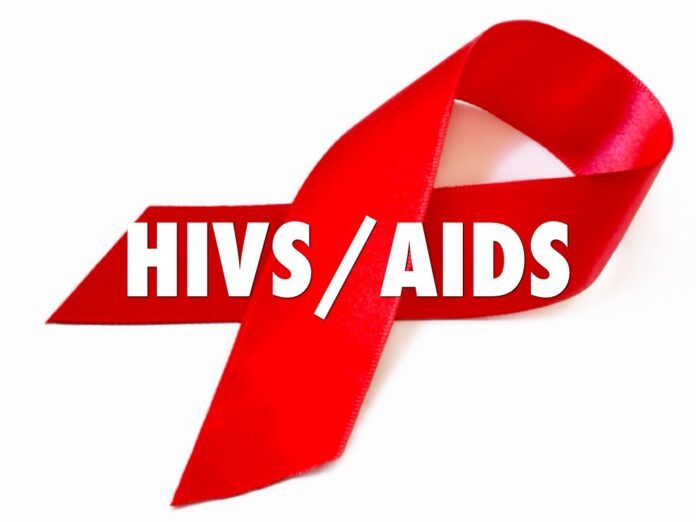A new report from the National Agency for the Control of AIDS (NACA) has revealed that Rivers State currently has the highest number of people living with HIV in Nigeria.
The 2024 HIV Spectrum Estimates, released by the agency, show that over 208,000 people in Rivers State are affected by the virus.
Benue follows closely with over 202,000 cases, while Akwa Ibom comes third with more than 161,000 people living with HIV.
Lagos State, the country’s economic hub, recorded 108,649 cases, making it the fourth on the list.
Anambra and the Federal Capital Territory also reported large numbers, with over 100,000 and 83,000 cases respectively.
In total, the report shows that more than two million people in Nigeria are living with the virus.
Many other states also recorded high numbers.
Delta, Imo, Enugu, and Edo all reported between 60,000 and 70,000 cases. States like Borno, Plateau, and Oyo were among those with figures ranging between 50,000 and 60,000.
The report further includes data from states in the middle and lower ranges, such as Katsina, Ondo, Kogi, and Bayelsa, all of which had over 25,000 cases each.
The states with the fewest cases include Yobe, Zamfara, Ebonyi, and Sokoto, with Yobe reporting just under 12,000 cases.
The report also shed light on HIV-related deaths. Over 43,000 people reportedly died from HIV complications last year.
Most of these deaths were among adults, but children were also affected, with more than 15,000 reported deaths in the 0-14 age group.
Awareness and testing have improved in many states.
Around 1.75 million people living with HIV now know their status.
About the same number are currently receiving treatment with antiretroviral drugs.
Among them, over 1.1 million have achieved viral suppression, meaning their viral load is under control.
Despite the progress, there are still challenges, especially in preventing transmission from mothers to babies.
Over 93,000 pregnant women were found to need treatment to prevent transmission, but only about a third of them actually received it.
Factors like home births, lack of access to hospitals, and fear of being stigmatized continue to hinder effective treatment for some women.
Some health officials have explained that the rise in reported cases does not mean more people are getting infected.
Instead, they say it shows more people are getting tested and diagnosed.
For example, in Anambra State, about 98,000 people are already on treatment out of the more than 100,000 who tested positive.
Efforts to get responses from health agencies in Rivers, Benue, and Akwa Ibom were not successful as of when the report was made public.



